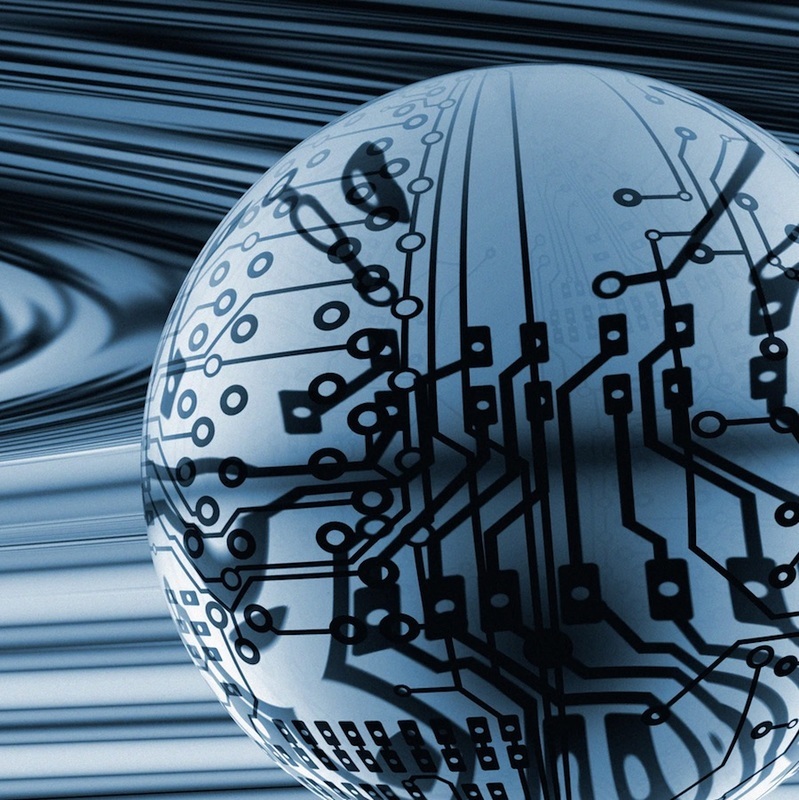
We are entering an era of directed design in which we will expand the limited notion that biology is only the ‘study of life and living things’ and see biology as the ultimate distributed, manufacturing platform.

With a year of intense brain training, eight paraplegics regained partial sensation and voluntary control of their paralyzed body areas, despite having spinal cord injuries that were previously diagnosed as irreversible.

Costa Rica has run on 100-percent renewable energy for the past 113 days, edging closer to its goal of being completely free from fossil fuels.

Something strange is happening to one of the coldest places on Earth. Dazzling blue lakes are blooming like summer wildflowers atop the East Antarctic ice sheet's Langhovde Glacier. And that's got scientists worried - because they've seen these lakes before.

The US Navy is creating nanowires from one of the most renewable resources on the planet.

With no walls, the pillars of the bridge serve as a boundary. But for the roughly 300 pupils - mostly children of impoverished migrant labourers, daily wage workers and seasonal farmers - it offers the chance of an education.

A presentation to the American Chemical Society's fall meeting has revealed how fungi can extract valuable materials from batteries that would otherwise go to waste.

Most foods at the grocery store come wrapped in plastic packaging. This create a lot of non-recyclable, non-biodegradable waste. Scientists are now developing a packaging film made of milk proteins that addresses these issues - and it is even edible.

New research shows that GJ 1132b might possess a thin, oxygen atmosphere — but no life due to its extreme heat.

Researchers at Harvard Medical School have "radically rewritten" the genome of bacteria E. coli.

In a bid to give wings to its vision of eco-friendly aircrafts, NASA is all set to launch a set of five research projects. These projects are aimed at shrinking fuel use, reducing aviation's impact on the environment and quieting noise around airports.

Our homes are set to be revolutionised by the application of renewable energy and smart gadgets.

A primer on quantum computers. One day they could change the world.

The Infinity Burial Suit started as a concept by artist and MIT researcher Jae Rhim Lee, who was concerned about the environmental impacts of traditional burial methods.

Two NASA astronauts successfully installed a new parking spot at the International Space Station today, marking a key step toward accommodating new commercial space taxis that arrive at the orbiting lab.